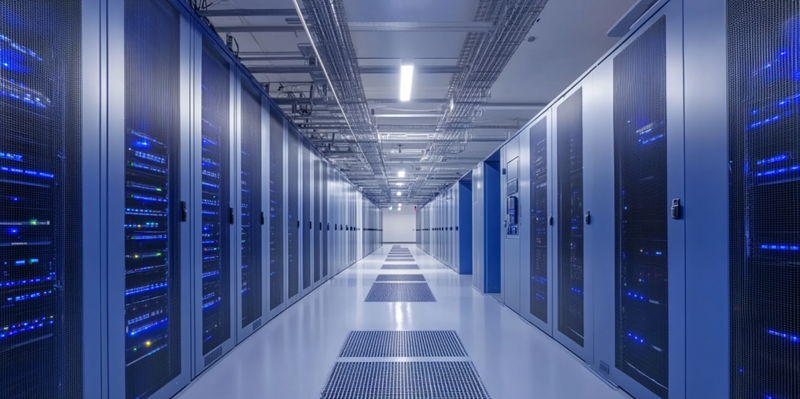Keppel Ltd., through its private fund Keppel Data Centre Fund II (KDCF II), has made a significant move to bolster its presence in the Asian data center market by acquiring a data center development project in Tokyo, Japan. This facility, known as Keppel Data Centre Tokyo 2, marks Keppel’s first foray into developing such projects in Japan, and it stands as their second data center asset in the country. Keppel has joined forces with Mitsui Fudosan, a renowned real estate developer established in 1941, to undertake this ambitious project. Mitsui Fudosan will be responsible for the core and shell construction of the facility, while Keppel will manage the fit-out works and the subsequent oversight of the data center’s operations. The project is projected to be fully operational by 2027 and will span an impressive 300,000 square feet (27,871 square meters). At a recent groundbreaking ceremony, Keppel’s CEO, Loh Chin Hua, and Mitsui Fudosan’s COO, Hiroyuki Shinozuka, reaffirmed their commitment to this joint venture.
Growing Presence in Japan
Christina Tan, CEO of Fund Management and Chief Investment Officer at Keppel, expressed her enthusiasm for Keppel’s expanding footprint in Japan’s burgeoning data center market. Tan emphasized the increasing demand for data centers, which is largely driven by the rapid growth of generative AI and cloud services, collectively boosting the need for advanced data infrastructure. This rising demand situates Keppel perfectly to meet the needs of hyperscale customers. Furthermore, Tan revealed Keppel’s intentions to strengthen their collaboration with Mitsui Fudosan beyond this current project, signaling that future developments are already on the horizon. Specifically, plans are in discussion to develop additional projects under the forthcoming Keppel Data Centre Fund III.
The strategic partnership between Keppel and Mitsui Fudosan has roots tracing back to an announcement in March, where both companies revealed their shared intentions to seize data center development and investment opportunities within Japan and Southeast Asia. Hiroyuki Shinozuka expressed a keen understanding of the symbiotic nature of this partnership, highlighting the complementary strengths of both corporations that contribute to the creation of premium digital infrastructure assets. By pooling their resources and expertise, Keppel and Mitsui Fudosan aim to lead the charge in addressing the surging demand for reliable and scalable data center solutions in the region.
Expansion of Data Center Portfolio
In July, Keppel expanded its data center portfolio by acquiring Tokyo Data Centre 1, a multi-story facility completed in 2019. This property, which offers a net lettable area of 190,165 square feet (17,665 square meters), was bought for JPY 23.4 billion, equivalent to about $144.8 million. It is currently under a triple-net lease agreement with a Fortune Global 500 company, which has seven years left on the lease. This acquisition significantly enhances Keppel’s growing collection of data center assets, serving the extensive data needs of prominent corporate tenants.
Keppel’s data center portfolio now includes 35 facilities across Europe and the Asia Pacific, with a total power capacity of 650MW. The company aims to double this capacity to 1.2GW to meet increasing global demand for digital infrastructure. This ongoing expansion underscores Keppel’s commitment to strategic growth and positioning itself at the forefront of the data center market. By continually enhancing its capabilities, Keppel plans to meet the ever-changing requirements of the digital economy, ensuring it remains a significant player in advanced data infrastructure solutions.

